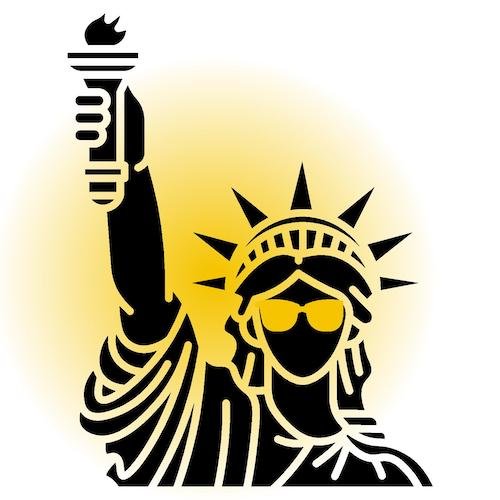In the realm of libertarian economics, property rights are not just a legal concept but a fundamental principle that underlies the entire philosophy. These rights are seen as essential for the protection of individual freedom and as a cornerstone for economic prosperity. This article aims to dissect the importance of property rights within libertarian thought, highlighting their impact on personal autonomy, economic activities, and societal progress.
The Concept of Property Rights in Libertarianism
Property rights, from a libertarian standpoint, are the rights of individuals to acquire, use, and transfer physical and intellectual property without unwarranted interference from others, including the government. This concept is deeply rooted in the libertarian ethos of individual autonomy and liberty.
The philosophical underpinnings of property rights in libertarianism trace back to the ideas of John Locke and other classical liberals, who viewed property ownership as a natural extension of one’s labor and an essential aspect of self-ownership. In this view, the protection of property rights is synonymous with the protection of individual freedom and personal sovereignty.
Economic Implications of Strong Property Rights
The economic implications of well-defined and strongly enforced property rights are vast and multifaceted. In libertarian economics, property rights are seen as the bedrock of economic development and prosperity. They provide individuals with the security and confidence to invest and innovate, knowing that their investments and intellectual creations are protected.
This security encourages economic activities, fuels entrepreneurship, and drives efficient resource allocation. Studies have shown that economies with strong property rights frameworks tend to experience higher rates of growth and development. These systems create an environment where individuals are incentivized to maximize the value of their resources, leading to overall economic efficiency and wealth creation.
Property Rights and Market Functioning
The smooth functioning of free markets, a key tenet of libertarian economics, is heavily reliant on robust property rights. These rights are fundamental for voluntary exchanges – the essence of market transactions. They ensure that individuals can freely trade goods and services in a secure and predictable environment.
Property rights also play a critical role in resolving conflicts over resources. In a well-functioning market, property rights provide clear guidelines on ownership, reducing disputes and fostering cooperation. This stability is essential for economic progress and for the maintenance of a peaceful, orderly society where transactions can occur without the fear of arbitrary seizure or infringement.

Challenges and Threats to Property Rights
Despite their central role in libertarian economics, property rights face various challenges and threats in contemporary society. These challenges often stem from government actions such as eminent domain, where private property is taken for public use, sometimes leading to disputes over the definition of ‘public good’ and fair compensation. Zoning laws and environmental regulations can also be seen as constraints on property rights, limiting how owners can use their property.
Libertarians typically argue for a stringent interpretation of property rights, advocating against these forms of government overreach. They emphasize that protecting property rights from such intrusions is crucial for maintaining economic freedom and individual autonomy. However, navigating these challenges often requires a delicate balance between individual property rights and broader societal interests.
Critiques and Counterarguments
The libertarian emphasis on property rights is not without its critics. Some argue that an overly rigid application of property rights can lead to negative outcomes, such as environmental degradation or the hindrance of essential public projects. Others point out that strict property rights might exacerbate inequality, particularly in cases where wealth and resources are unevenly distributed.
In response, libertarians often propose market-based solutions to these issues, suggesting that problems like environmental degradation can be addressed through the appropriate assignment and enforcement of property rights. They argue that a free market, underpinned by strong property rights, inherently provides mechanisms for addressing social and economic challenges effectively.
Conclusion
Property rights are a fundamental aspect of libertarian economics, playing a pivotal role in securing individual freedom, driving economic growth, and ensuring the effective functioning of markets. While the enforcement and interpretation of property rights can present complex challenges, their importance in a libertarian framework remains undiminished.
Understanding the nuances of property rights within libertarian thought provides valuable insights into broader debates about economic policies and societal structures. As economic and social dynamics continue to evolve, the principles underlying property rights in libertarian economics offer a significant perspective on the path to prosperity and individual liberty.
In conclusion, the discussion on property rights encapsulates key elements of libertarian philosophy, highlighting the ongoing relevance and impact of these rights on economic practices and individual freedoms. As such, they remain a crucial topic in contemporary economic discourse.
